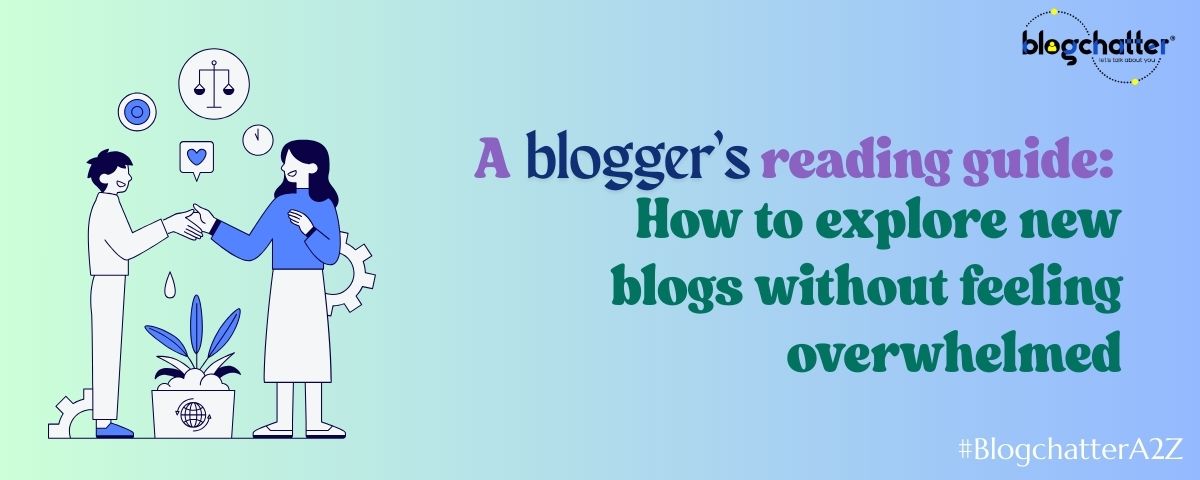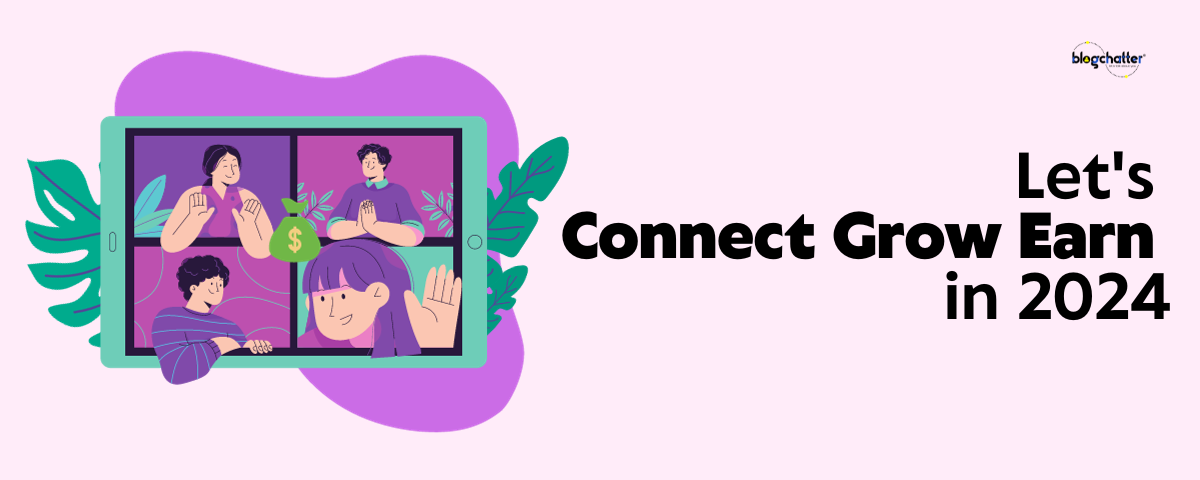Affiliate marketing is one of the best ways to monetise a blog. It is a kind of a referral marketing where you can become an affiliate to the companies/brands/bloggers which you love and earn a commission by referring their products.
It is more than sharing a link. It’s about helping your readers to choose something that can help them to a great extent. Affiliate marketing is based on trust your readers have on you.
The best way to promote your affiliate products is by writing great content around it. It needs proper planning and a great content strategy. A proper content strategy can help you to get more traffic and readers who will buy your affiliate products.

HOW DOES GOOGLE SEARCH ENGINE WORK?
We need to understand that the search engines always work for the best interest of their users. Why do we use Google? To seek answers, or to solve a query, or to gather information, or just to satiate our curious minds.
No matter why we use Google, it will always offer the best, authentic, in-depth and useful content in front of us. And as a result, our trust in Google never wavers. We believe that Google will always offer us the best solution.
And though Google algorithm changes continuously, and we as mere humans do not have the power over it, one thing that is constant in any kind of algorithm is comprehensive and useful content.
If you’re looking for an e-course on Affiliate Marketing, check this out.
Now, content can be in written form, a video, an audio clip. Among the written form, it can be a news piece, a blog post, a book or a tweet or any social media post. But any kind of content you create, it must cater to a specific set of audience/readers.
The only way we can outsmart Google or any search engine, be it Pinterest or YouTube is to create in-depth, useful content for our audience. Google does not care if your blog has better domain authority or Alexa rank; all it cares is its own reputation of offering the best kind of content on the first page of any search. As long you help it with excellent content, it will send quality traffic to your blog.
And that is why our content strategy must focus on search engine optimisation.
SO, WHAT IS A CONTENT STRATEGY?
Content strategy is not writing articles every day that we think will benefit our readers. It is a medley of careful and precise steps which results in getting traffic from search engines ti build our readership.
Here is a template of content strategy that I have followed for my blog for the last several years. It has helped me to get more readers, email subscribers and monetising my blog successfully. This strategy is built around helping my readers and recommending products to boost my affiliate income.
Here are the parts of my content strategy to boost my readership as well as making money blogging-
- Choose a blogging niche
- Extensive keyword research
- Choosing long-tail keywords
- Writing comprehensive blog posts
CHOOSING A BLOGGING NICHE FOR CONTENT STRATEGY
Choosing a blogging niche is essential for the successful growth of the blog. Let’s take an example here. You are looking for a solution to frugal living. When you searched it on Google, it showed you millions of results. But you chose only two of them to read because the titles of these two blog posts are catchy and the description snippet was interesting.
So, you landed on both the blogs and found both of them informative. You decided to check the blogs as you love reading about easy tricks to manage your home. Now, blog A has different sorts of blog posts ranging from recipes to the latest movie review. You are kind of lost on the homepage where to find the articles on managing your home. But as you started reading the other posts from blog B, you discovered that it has lots of resources on maintaining a house on a budget and frugal living.
So, which blog are you going to read again whenever you need advice on home budget and frugal living? Definitely blog B. Why? Because, blog B is specific, and it helps people to get answers related to that particular niche.
When you niche down your blog, it gives you more focus to create a content strategy. Every niche always has some areas which remain unanswered. As the world evolves, there would still be new fields in any topic which would be searched by people. When you write about more unique aspects, your blog has excellent chances to rank higher in search engine results.
EXTENSIVE KEYWORD RESEARCH
Keyword research is the most useful way to build your SEO. Once you learn what people are looking for, it is easy to create content for it. A keyword is a word or phrase that you would use on your blog post, and that’s the search term that’s somebody’s going to be searching on Google to find that post.
Being in a niche helps you to do your keywords better. Before you begin doing keyword research, finish the following simple tasks:
- Understand why people search
- What are their pain points aka queries
- How many people are searching
- What type of content are they consuming
Search for the topics which have low to medium search difficulty. It is possible to rank better for a topic which has enough search volume but not much useful content to serve those people.
Here is one of simple advice for Keyword Research
- Make a list of topics/keywords you want to write
- Now Google each topic
- Use Keywords Everywhere/Ubersuggest and check the search volume+competition
- Choose the search term that has 3+ words and enough search volume with low competition
This longer keyword with 3+ words is called Long Term Keyword. Long term keywords often have lower competition and easy to rank.
CHOOSING LONG-TAIL KEYWORDS
Long-tail keywords have lesser competition and enough searches making it easy to rank for them in the first page of search results. Long-tail keywords refer to keyword with several words. So, instead of for example “fitness” which is just one word your long-tail keyword may be “top fitness tips for women over 50”. As you can see we’ve got some bunch of words there it’s more like a phrase, but that’s going to get us a more specific result and type of person to our website.
WRITING COMPREHENSIVE BLOG POSTS
As I mentioned, Google always favours well written, useful and comprehensive content. While planning to write a specific blog post, we must be careful to write content that is easy to understand, comprehensive yet full of information.
It does not mean that you research a topic and stuff everything in a 5,000 words blog post. Writing in-depth articles means dealing with one piece of information at a time.
If you have written a blog post which exceeds 3,000 words, it is better to break it up into two 1500 words blog posts.
HOW TO WRITE BETTER BLOG POSTS?
While writing for a blog, the following are the points which we must keep in mind, every time.
Our blog posts should:
- Thoroughly solve the readers’ query
- Provide incredible value to the reader
- Avoid any kind of misinformation
- Never share anything which you are not sure yourself
- Avoid typos and grammatical errors
If your blog posts meet these criteria, then my friend, your content strategy is on the right track.
CONTENT STRATEGY FOR AFFILIATE MARKETING:
- Choose the product you are an affiliate and want to promote
- Decide the long-tail keyword phrases for the product
- Write at least 1,000 words for the posts you want to rank
- Decide when to post and how to promote it
- Provide various forms of content into it: images, audio, video, if possible. Generally, videos do better
- Break up every individual blog post in several sections by subheadings
- Write better headlines and Meta descriptions
- Utilise the image alt text
- Research your competition and deduce what you can offer that they don’t. (For example, I write my SEO tips for writers. So, instead of focusing on sharing technical terms, I share what I do as a non-technical person)
- Provide value to the readers. They are the reckoning force that helps to grow your blog. Listen to what they are asking
- Well written, devoid of any grammatical errors piece of content is the best content
- Update the old posts regularly so that they can rank better
One thing I must share here is that never write for search engines. Write for your audience. Research what they are looking for and then write. If the readers come back to a blog, again and again, seeking answers/information, Google would automatically favour it.







Comments
Highly informative post.
Affiliate marketing if done right is something that can really create impact.